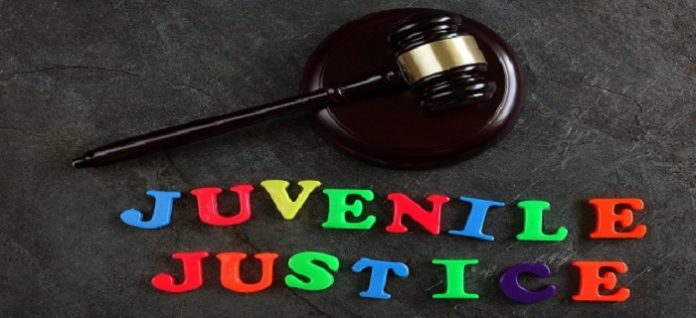- Indian citizens are quite aware of many heinous sexual acts perpetrated by perverts on gullible and innocent girls. We also know how the nation’s conscience was stirred during the Nirbhaya case. The brutality with which the perpetrators went about abusing the lady is beyond any sane individual’s imagination. The government had to act to usher in stringent and precedent-setting laws to not only assure the nation about its serious intentions but also send out a loud message to the potential sexual offenders that any such anti-social misdemeanors will not be tolerated. Most disturbingly, young adults below the age of 18 years were found to be aggressively involved in perpetrating sexual offences. The government had to address this issue involving juveniles.

PC: Latest Laws
- What followed was the Juvenile Justice Act changes in 2016 making allowances for the trial of 16-18-year-olds as adults in heinous offences. However, this particular provision appears to be confusing in the way certain courts are interpreting the same. Against this backdrop, the Supreme Court ruling that an accused deemed as a juvenile by lower courts – the case is the brutal Kathua gangrape-murder of an 8-year-old- should be tried as an adult should set an example for all courts when dealing with heinous offences. The legal system must uphold the spirit of the new law without any ambiguity. The Kathua case accused Shubam Sangra had claimed he was only 15 during the crime in January 2018. A birth certificate issued purportedly in 2004 showed his birth as October 2022.
- But birth certificates issued concurrently for his elder brother and sister revealed an impossible two-month gap between their births. A school certificate dated Sangra’s birth to October 2003. In contrast, a medical board of five senior doctors after tests pegged him between 19-23. Despite such glaring irregularities and definitive medical opinion, the magistrate and J&K high court allowed Sangra’s trial as a juvenile. Given the stakes, that these matters travel to SC is understandable. However, what’s not acceptable are huge delays and procedural loopholes. After J&K HC ruled in Sangra’s favour in October 2019, it took three years for SC’s ruling. Such long delays are unjust. We know many Indians are document-poor and that influential persons can falsify documents.

PC: JE News Desk
- As such, modern techniques for the medical determination of age – the epigenetic clock technique suggested by SC – must be adopted. There are several cases involving offenders below 18 years who should have been tried as adults. It’s clear that the JJ Act’s mandate of ascertaining the mental capacity to commit an offence, ability to understand consequences, and circumstances in which the offence was conducted is being overlooked. Look at the statistics. In 2021, 877 juveniles between 16 and 18 were apprehended for murder and 939 for rape. So many heinous offences require a robust system, more psychology experts, and faster hearing of appeals. The SC should issue appropriate guidelines on the matter for speedy hearing and disposal.






